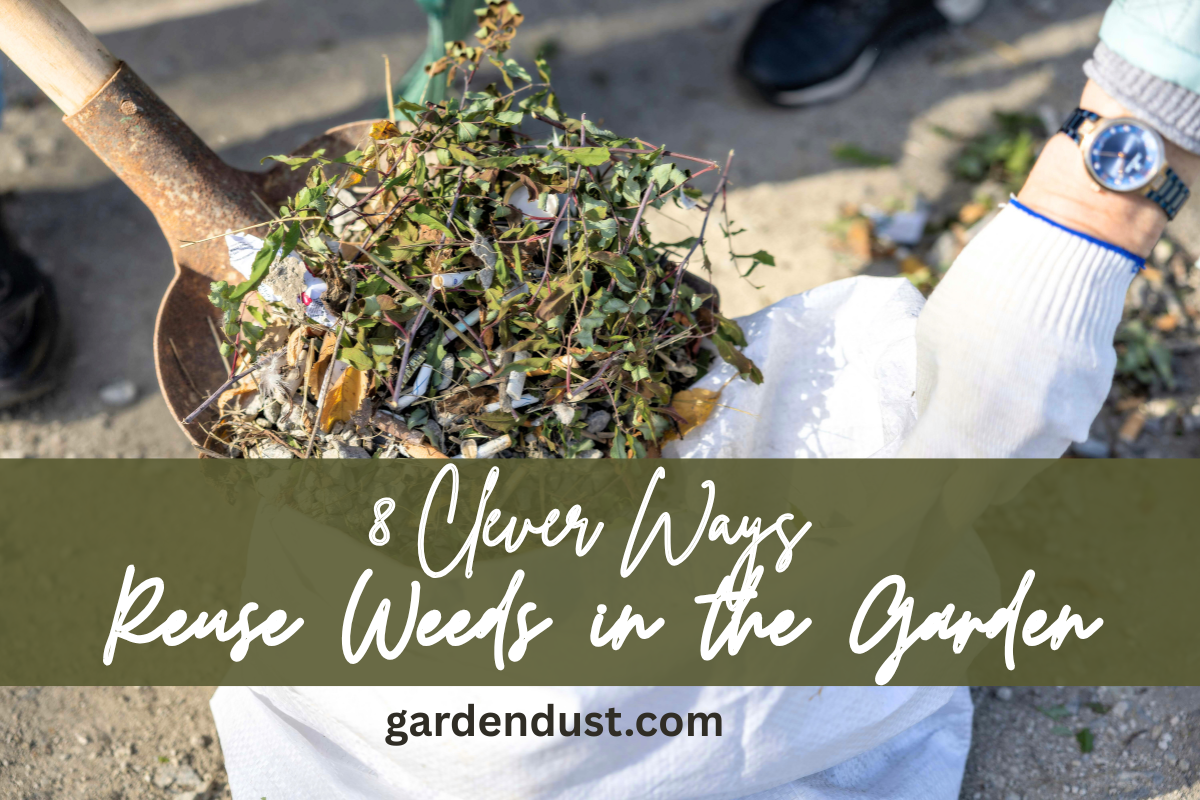Maintaining a beautiful lawn requires effort and care, but it doesn’t necessarily mean you have to resort to using harmful chemicals. With organic lawn care, you can keep your lawn healthy while also preserving the environment. In this article, we’ll explore the benefits of organic lawn care, as well as some practical tips to keep your lawn looking its best.
What is Organic Lawn Care?
Organic lawn care involves maintaining a lawn without the use of synthetic fertilizers, pesticides, and herbicides. Instead, it relies on natural methods to promote soil health, improve water retention, and prevent weed growth. The goal of organic lawn care is to create a healthy ecosystem that can support grass growth without the need for chemicals.
Benefits of Organic Lawn Care
1.Healthier soil
The use of synthetic fertilizers can lead to a buildup of chemicals in the soil, which can harm soil organisms and reduce nutrient absorption. Organic lawn care, on the other hand, relies on natural soil amendments such as compost, which helps to increase soil health and fertility.
2.Better water retention
Synthetic fertilizers can also lead to water pollution, as excess nutrients can leach into nearby waterways. Organic lawn care methods help to improve water retention, reducing the need for excessive watering, and reducing water runoff.
3.Safer for humans and pets
Synthetic pesticides and herbicides can be harmful to humans and pets, especially when used in high concentrations. Organic lawn care methods, on the other hand, rely on natural pest control methods, which are safer for everyone involved.
4.Supports biodiversity
Organic lawn care helps to support biodiversity by providing habitat for beneficial insects and other wildlife. This, in turn, helps to create a healthier ecosystem, which can improve the health of your lawn.
5.Cost-effective
Organic lawn care methods can be more cost-effective in the long run, as they rely on natural methods that promote soil health and reduce the need for costly chemicals.
Tips for Organic Lawn Care
1.Mow high
Mowing high helps to promote healthy grass growth by allowing the blades to absorb more sunlight and develop deeper roots. It also helps to prevent weed growth by shading out weed seeds and preventing them from germinating.
2.Water deeply and infrequently
Deep watering helps to promote deeper root growth, which makes your lawn more resilient to drought and other environmental stresses. Infrequent watering also helps to reduce water runoff and encourages deeper water absorption by the soil.
3.Use natural fertilizers
Natural fertilizers such as compost, bone meal, and blood meal can help to improve soil health and promote healthy grass growth. These fertilizers release nutrients slowly over time, reducing the risk of over-fertilization.
4.Practice natural pest control
Natural pest control methods such as using beneficial insects, planting companion plants, and rotating crops can help to control pest populations without the need for synthetic pesticides. These methods also help to support biodiversity and create a healthier ecosystem.
5.Remove weeds by hand
Weeding by hand is an effective way to remove weeds without the use of synthetic herbicides. It’s also a good way to get some exercise and spend time outside!
6.Aerate your lawn
Aerating your lawn helps to promote deeper water and nutrient absorption by the soil. It also helps to reduce soil compaction, which can improve soil health and grass growth.
Organic lawn care is an excellent way to keep your lawn healthy without resorting to harmful chemicals. By promoting soil health, improving water retention, and practicing natural pest control methods, you can create a healthier ecosystem that supports healthy grass growth. With these tips, you can keep your lawn looking its best while also preserving the environment for future generations. Happy Gardening…..







